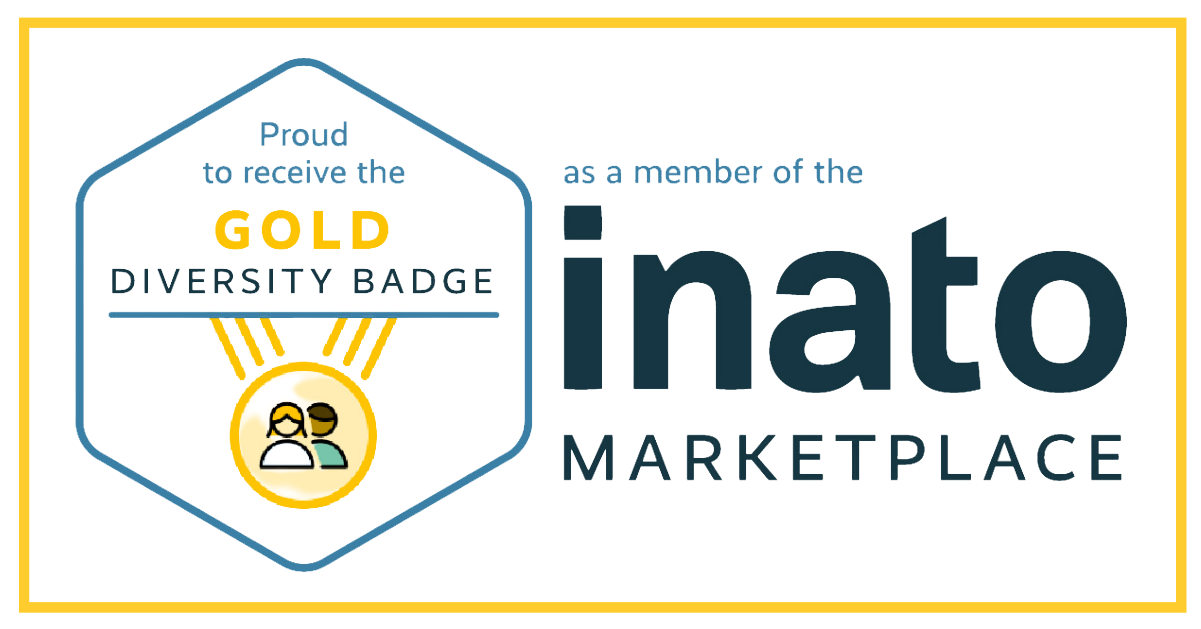La principal organización de investigación integrada de California
Considere la posibilidad de asociarse con nosotros para sus necesidades de ensayos clínicos. FOMAT Medical cuenta con 20 años de experiencia en la realización de ensayos clínicos, dispone de varios centros en California y tiene acceso a una población de pacientes muy diversa. Estamos perfectamente posicionados para apoyar a las organizaciones a lo largo de su viaje de investigación clínica.

Innovar La Salud
A través de la Diversidad
Para mejorar su experiencia, por favor díganos cuál descripción le interesa, buscamos innovar la atención médica.
Individual
Interesado en participar en ensayos clínicos con FOMAT

Infórmese sobre nuestros ensayos clínicos pagados.
Su seguridad es nuestra prioridad.
Patrocinadores y CRO
Potencie su investigación con FOMAT

Nuestros servicios especializados ayudan a patrocinadores y CROs en la industria farmacéutica, ogrando resultados significativos.
Médicos y centros
Interesado en participar en ensayos clínicos con FOMAT

Únase a la red de oportunidades de investigación de FOMAT. Colabore con nosotros como investigador principal.
¿Quién es FOMAT Medical Research?
FOMAT Medical Research es la mayor red de centros de investigación de California, dedicada a promover la investigación clínica y mejorar los resultados de los pacientes. Con una amplia red de centros de investigación y un compromiso inquebrantable con la innovación en la atención sanitaria a través de la diversidad, FOMAT Medical Research colabora con patrocinadores de la industria y CRO para acelerar el desarrollo de terapias innovadoras en múltiples áreas terapéuticas. FOMAT es miembro fundador de hyperCORE International, una super red de organizaciones de centros de investigación totalmente profesionalizadas.






